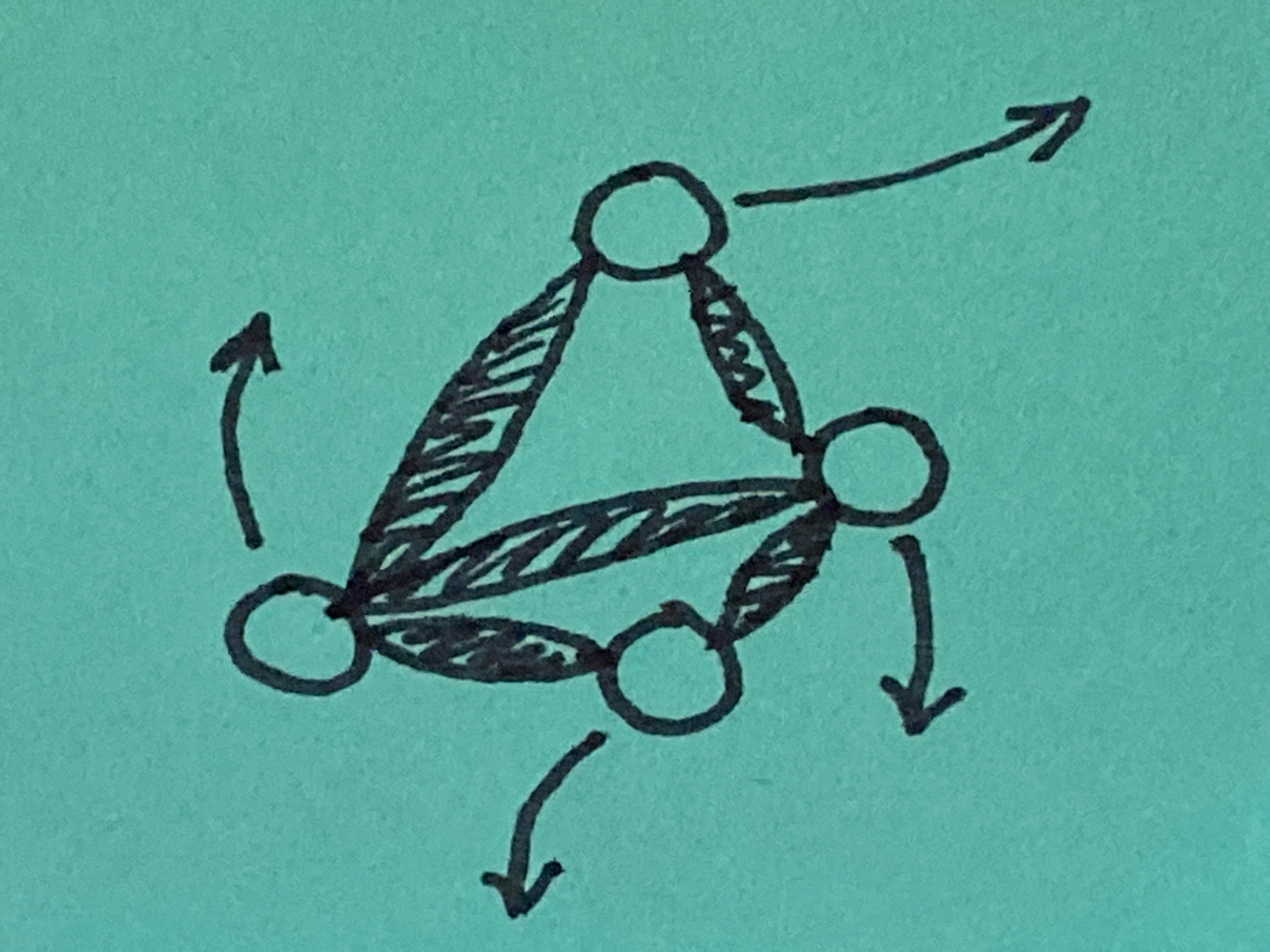Uncertain Knowing
Embrace change by letting go of knowing; treat your knowledge as a working hypothesis.

our world is changing more and more quickly, and we need to nurture our ability to adjust to new ideas. This pattern talks about how to stay open to new ideas.
“Paradigm shifts are peculiar in that they leave many previously successful people behind, people whose rigidity of thought causes them to cling to the old framework, despite often overwhelming evidence that the paradigm shift is valid.” — Leonard Mlodinow
-
The idea that “people cannot attain absolute certainty concerning questions of fact” was posited by Charles Sanders Peirce and is formally known as “fallibilism” (see bookmarks).
-
The directive “let go of knowing” acknowledges that when we imagine that we have certainty about knowledge, we end up closing our minds to new information. We stop thinking about that knowledge and start defending it.
-
In a video featuring Daniel Schmachtenberger, he makes a point that (and I’m paraphrasing) just because be can’t have absolute certainty, some people have suggested that we can’t know anything, but that’s just silly. We can have increasing certainty based on other things.
-
In my original patterns, I called this “Knowledge as Hypothesis” meaning that we need to treat all knowledge as an educated guess and give it a status of “something we’re still working on or struggling with” rather than “something that is final and complete.”
-
You have to be willing to have your whole view of universe questioned and found wrong. You have to stay unattached to your knowledge.
Therefore:
Embrace change by letting go of knowing; treat what you think you know as a working hypothesis that can adjust to change.
Use Knowledge Rating to be conscious of how certain you are of specific knowledge, and enfold your knowledge in a container that leaves room for the parts you don’t know that you don’t know